|
By Elissa P. Pope, See the Triumph Guest Blogger Enough is enough. Acquaintance rape and sexual assault on college campuses seem to be out of control. And though recently universities are facing the fire for their lackluster response to the epidemic, the fact is that many campuses simply are not prepared to be the hand of the law when it comes to sexual violence on their campuses. Something needs to change, because according the U.S. Department of Justice, rape is the most common violent crime on American college campuses today. In fact, statistics say that 1 in 4 college women will be the victim of sexual assault during her college career. Those statistics should be sobering to parents – of both boys and girls alike. We are living in a culture of rape, and we’re sending our children into the thick of that culture when they leave home for college. But even as we begin to acknowledge that reality, we also can’t just sit back and hope that someone else will take care of it for us. No, we as parents are responsible for teaching our children about this reality, and for instilling in them the values necessary to help them survive it. For many years, the focus has been on parents teaching their daughters how to protect themselves from sexual violence perpetrated by males. But teaching our girls to play defense simply isn’t enough. The fact remains that statistics say that many will still fall victim, and that alcohol is usually involved. Victims of sexual assault are then left to navigate the treacherous waters of victim blaming and shame. Teaching how not to get raped is only part of the battle. We need to teach all of our young people how to respect others’ bodies and how to treat other people with nothing but the utmost respect for others’ rights to make their own decisions about their bodies and their sexuality. To help our children prepare for rape culture on college campuses, let’s be a different voice for our young people to hear throughout their childhood and adolescence. Let’s make sure that they leave home with these words in their hearts: 1. Respect your body – and everyone else’s too. When our babies are new, we revel in the miracle that is the human body, spending hours staring at their beautiful fingers, tiny toes, button noses, and perfect ears. As they grow into toddlers, we strive to help them adopt that same reverence for the human body, as they discover all that is new and wonderful about themselves. We want them to love themselves as much as we love them and to extend that love and respect to others. But those lessons continue throughout their lives. The voice that tells them to love and respect all human bodies should be ever-present. Because with every passing year, their world is getting bigger and broader, and they will meet situations where that respect for another is hard to come by. And they will experience someone who isn’t respecting them. In those instances, we want their heart to be screaming that this isn’t right. 2. Your body should not be the cause of pain for another. A child’s relationship with their parents sets the stage for all future relationships. In even the most loving households, violence creeps in, often through innocent play. In our house, parents and children roughhouse with one another. I think it’s a great teaching opportunity for our children, so that roughhousing comes with a set of rules. One of which is that it is NEVER okay to slap, punch, or pinch one another, even when we’re playing. Even if anger isn’t the source. Our bodies are NEVER to be used for hurting another. Never. 3. When it comes to your body, you’re in charge. As I mentioned above, my children and I like to engage in physical play, which, according to some experts is incredibly beneficial for their development. It usually involves a lot of laughter and joy, and is a great way to bond with one another. But when we’re roughhousing or tickling, and someone says stop, even if they’re giggling through their words, we stop. Always. This is a hard one for almost everyone, because it sometimes means that the person who’s having tons of fun has to put a halt to it. And sometimes it means that the person who said, “Stop” didn’t really mean it and they want to keep playing. We’ve had countless conversations about why we have this rule, and what it means. My hope is that our children are truly internalizing the idea that all people get to be in charge when it comes to their body. 4. You don’t deserve to get everything you want. Everyone hears no at some point in their lives. With any luck, a child’s parents deny them something that they want on a regular basis, because that’s a reality of life at any age. We don’t always get what we want. People tell us no all the time. The lesson goes deeper than that, though. We can’t just tell a child no and dust off our hands before giving ourselves a hearty pat on the back for a job well done. We need to go further and actually teach our children how to respond afterward. Should they throw a temper tantrum? Hit because they’re angry? Try to take it anyway? Argue and persist until they change someone’s mind? That last one works on parents time and time again. We end up raising children who don’t know how to handle denial, or worse yet, who don’t believe that no is the final answer. The bottom line is that no means no. Parents can reinforce this message by setting—and sticking to—limits with their children. 5. Sex has value. I think most of America’s teenagers already come of age knowing this to be true. Value is ascribed to sex in almost every facet of our culture. Sadly, one of the loudest voices spoken to our children says that a primary value of sex is in making young people into men and women. Teens can internalize the message that having sex should be their primary objective if they want not to be seen as a child. And what teenager wants to be seen as a child? That’s an influential message, and it comes at them from countless directions. How then can we, as parents, minimize something with so much power? It’s unlikely that we can be a louder voice than the others. What we can be though, is an earlier voice. Talking about sex with our children is uncomfortable. For many of us, it makes our stomachs churn just thinking about it. So we put it off…we are great at procrastinating! But while we’re busy doing all that procrastinating, the other voices aren’t shy, and they chime in full-force. Before we know it, we’ve missed our opportunity, at which point many of us sigh and say, “Oh well.” Nope. We need to suck it up and talk to our children about sex before the other voices take top billing. Be there first to plant the seed so that your voice has a chance to take root before the onslaught ensues. We’ve got a hard job, us parents. And the world around us isn’t doing a thing to make it easier for us. The ever-growing presence of screens is opening the whole world up to our children, and in many ways, that’s amazingly wonderful. But at the same time, it’s quieting our voices in our child’s world, and we can’t afford to simply let that happen. Sexually violent images, words, and ideas are frantically swirling around our children and they are getting swept up in the tornado. As parents, we can be their anchor in the storm and help them navigate the challenges they face as they confront rape culture in college.  Elissa Pope graduated from Florida State University with a degree in Elementary Education. After spending several years working in public schools, she is now a graduate student at UNC-Greensboro, pursuing an MS in Couple and Family Counseling. She is passionate about the value of healthy family relationships and the ways in which the counseling profession can be a part of the healing process for those affected by domestic violence and sexual assault. Messages to College Students about Sexual Assault
By Allison Crowe, See the Triumph Co-Founder College students are at the highest risk for sexual assault, according to the Rape, Abuse, and Incest National Network (RAINN, 2014). For this reason, for the month of September, Christine and I wanted to focus on sexual assault and violence on college campuses, especially since we know many of you or your families are heading back to school. When searching for information to provide for you this month, I came across many tips and lists of information for staying safe on campus, which I will summarize in today’s blog post. One important note that I want to add before sharing any of this is that in no way do we believe that it is the victim of sexual assault who is responsible for preventing sexual assault from happening. In fact, I believe we should be directing far more messages to perpetrators so as not to suggest that it is the victim’s responsibility to not get sexually assaulted. It’s always the perpetrator’s responsibility to not assault people. Sure, there are plenty of ways to increase safety, and prevention is of course important. But I also believe that perpetrators out there need to hear messages as well, and that we currently do not have nearly enough of these out there. Along these lines, check out these tips that ConsentEd has given to perpetrators http://www.consented.ca/tools_for_change/givereal-tips/ rather than victims. Instead of, “Walk with a Friend” and “Cover your drink at a party.” what if we said, “Don’t put drugs in people’s drinks to control their behavior.” or “Don’t have sex with someone when they are asleep.” See the difference? The latter are clear messages that place responsibility on the perpetrator rather than a victim, thus eliminating the message that victim’s carry the responsibility. So, all of this to say, this blog post is on tips for staying safe, but I also believe that college campuses need to send more messages to perpetrators. Below are tips I found these on RAINN’s website about college life and staying safe. https://rainn.org/news-room/back-to-school-safety-tips-2013. Many of these are bigger messages to college students about how to “be” – more like guiding principles that I believe are helpful in many instances. I will list a few here that I think are especially important and ask that all of you visit their site to read more. 1. Be yourself and trust your gut. Your safety comes first and before anyone else’s feelings. If you are somewhere or with someone and something feels a little “off” find a way to remove yourself from the situation. 2. Don’t make assumptions. The college campus, as much as we want it to be a completely safe environment, is not a bubble. Often living on campus can create a false sense of safety. Remember that a lot happens on college campuses, just as in many other settings. 3. Speak up! If you witness violence on campus, let someone know. Your resident assistant, campus police, or local law enforcement should be notified immediately when you see anything that looks suspicious or overt acts of violence. 4. Be a good friend. Stick together. If you notice a friend who is not acting like him or herself, check in about what might be going on. Ask that your friends do the same for you, and talk to each other about the topic of sexual assault and other violence on college campuses. RAINN’s national sexual assault hotline is a wonderful resource to remember 1-800.656.HOPE or online at online.rainn.org. This month, I ask you to take some time to think about what we can all do related to the topic of sexual assault on college campuses. Information can be powerful, so share our web link, connect with See the Triumph on Facebook, or simply talk to someone about these issues. We can’t do this without you! By Laura Gazzard, See the Triumph Guest Blogger
What is intimate partner violence? Have you ever heard of it? As a college student, now is a great time to learn the basics so you can identify it in friends, family, and even your own life. Intimate partner violence, or IPV, is a serious preventable public health issue that affects millions of Americans, and 16-24 year olds are the most affected population. The term IPV describes physical, sexual, or psychological harm by a current or former partner. There are also a few other types of abuse that can fall under this category and may be overlooked because they’re not necessarily violent behaviors. According to Break the Cycle and the CDC, here are a few examples of the different types of IPV, so you can get a better picture of what they look like. Keep in mind, though, that this list is just a few examples of the different ways relationships can be abusive. Physical abuse: Hitting, pushing, shoving, throwing, grabbing, shaking, slapping, punching, and using one’s physical strength to harm another person. Emotional or verbal abuse: Manipulation, making you feel worthless, making threats, yelling and screaming, humiliation, and isolation Sexual abuse: Forcing or coercing someone to do anything sexual they do not want to do, making someone afraid to say “no” to sexual activity, and humiliating someone sexually Digital abuse: Using any form of technology to harass or stalk someone else, checking someone’s accounts without permission, threatening messages sent via text or social media, and publicly sharing private photos or other information Financial abuse: Controlling one’s partner’s finances, getting in the way with your job success, taking your money, and ruining your credit Often, physical abuse is much easier to identify than emotional and psychological abuse, which can make it much harder to seek help if you do not know that something is wrong to begin with. Relationships can be healthy or unhealthy. It is important to know the difference, because unhealthy relationships can become very unsafe. Abusive relationships usually start with less noticeable tactics to control the partner and may lead to emotional or physical abuse, which both have very long-term effects on health, self-esteem, other relationships, and other areas of people’s lives. Here are ten warning signs that you may be in an unhealthy relationship: 1. Does the relationship seem overly intense or that it is moving too quickly? 2. Does your partner seem extremely jealous about you? 3. Does your partner try to control what you do? 4. Does your partner isolate you from others? 5. Does your partner try to sabotage you from being successful? 6. Does your partner criticize you? 7. Does your partner blame you for the way they treat you? 8. Does your partner seem very angry or hostile? 9. Have you tried talking to your partner about it and hear excuses in response, such as “It was just a joke” or “I didn’t mean to do it”? 10. Does your partner try to make you feel crazy and/or minimize their own actions? Do you recognize any of these behaviors in your relationship, a relationship of someone you know? Some controlling behaviors may seem to be positive or an intense sign of a partner’s love. However, they also can be precursors to abuse. If someone is violent even just once, physically or emotionally, the chances are very high that they will be violent again. Talk to someone else in your life about any possible abuse you or someone you know may be experiencing. Silence can make this situation worse, and there are trained professionals available to help you. If you are unsure whether any behaviors or dynamics in your relationship may be abusive, we suggest you call the National Domestic Violence Hotline (http://www.thehotline.org/, 1−800−799−7233 or TTY 1−800−787−3224) or speak to a trained counselor at your college. Laura Gazzard is a graduate student in the Couple and Family Counseling track in the UNCG Department of Counseling and Educational Development. By Christine Murray, See the Triumph Co-Founder
It’s September, which means it’s back-to-school time. Across the country, college students are getting settled into their new classes and gearing up for the academic year ahead. It’s an exciting time for many students, as they embrace new opportunities for learning, friendships, and personal growth. At the same time, students, faculty, and staff on many college campuses right now are facing a challenging time. These days, it’s difficult to escape news stories about sexual assault on college campuses, and especially the problematic ways that many colleges have handled sexual assaults in recent years. Consider the following:
Intimate partner violence and sexual assault are difficult issues for college personnel and students to address. Challenges can arise due to students’ close living quarters. For example, a survivor of an abusive relationship who participated in our research said of her partner, “We were in college, so, while we didn't live together, we sort of did by the nature of the dorms.” Living arrangements on college campuses can complicate safety planning for victims who may live near their abusers. There are many other factors that can complicate the support available to survivors, including the possibility of living far away from supportive friends and family members, unclear policies on their campus about reporting, and peer norms that may directly or indirectly promote violence and abuse. This month at See the Triumph, we’re focusing on how to end the stigma that survivors of intimate partner violence and sexual assault face on college campuses. We believe that colleges and universities can work proactively to promote safe campus environments and prevent abuse, support survivors, and hold offenders accountable. Throughout the month, we look forward to hearing your ideas and experiences with strategies you’ve seen colleges use to achieve these goals. |
Archives
April 2024
CategoriesAll About Intimate Partner Violence About Intimate Partner Violence Advocacy Ambassadors Children Churches College Campuses Cultural Issues Domestic Violence Awareness Month Financial Recovery How To Help A Friend Human Rights Human-rights Immigrants International Media Overcoming Past Abuse Overcoming-past-abuse Parenting Prevention Resources For Survivors Safe Relationships Following Abuse Schools Selfcare Self-care Sexual Assault Sexuality Social Justice Social-justice Stigma Supporting Survivors Survivor Quotes Survivor-quotes Survivor Stories Teen Dating Violence Trafficking Transformative-approaches |
Search by typing & pressing enter


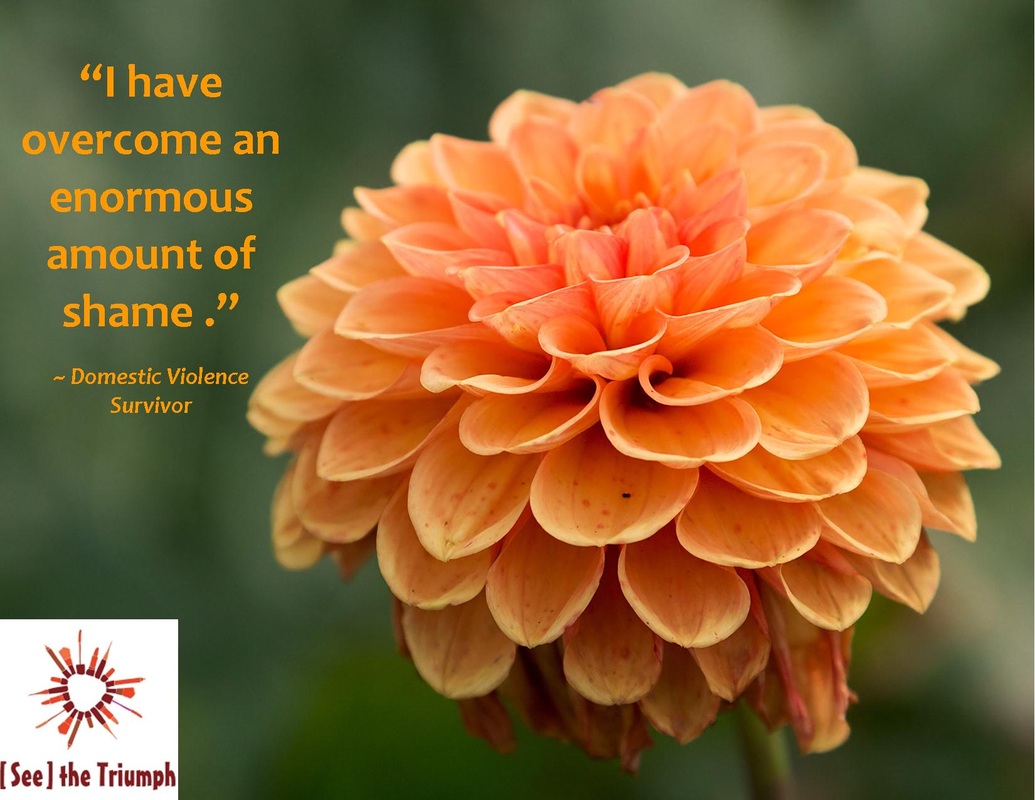
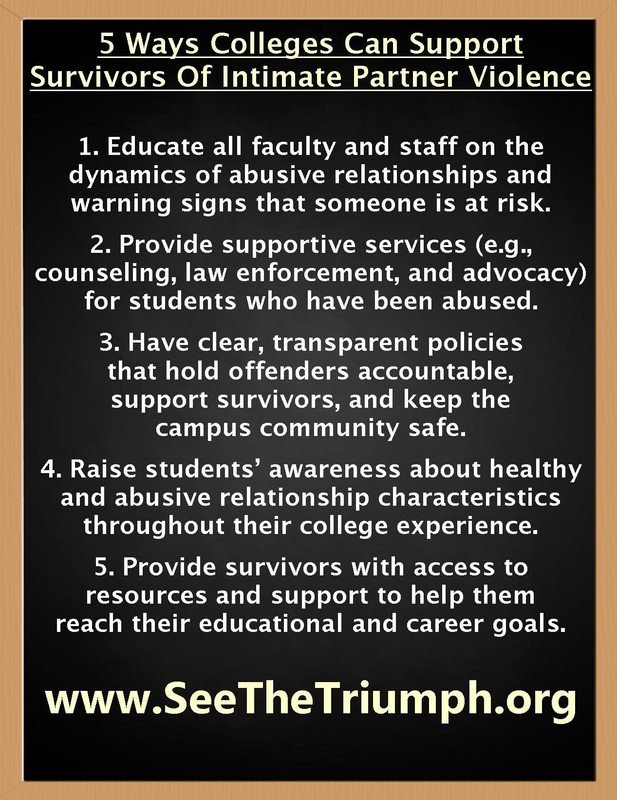
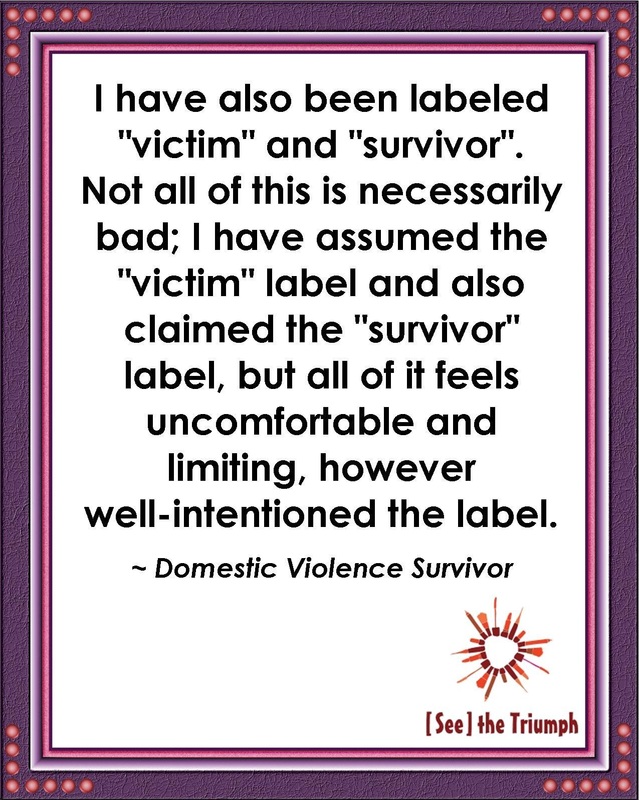

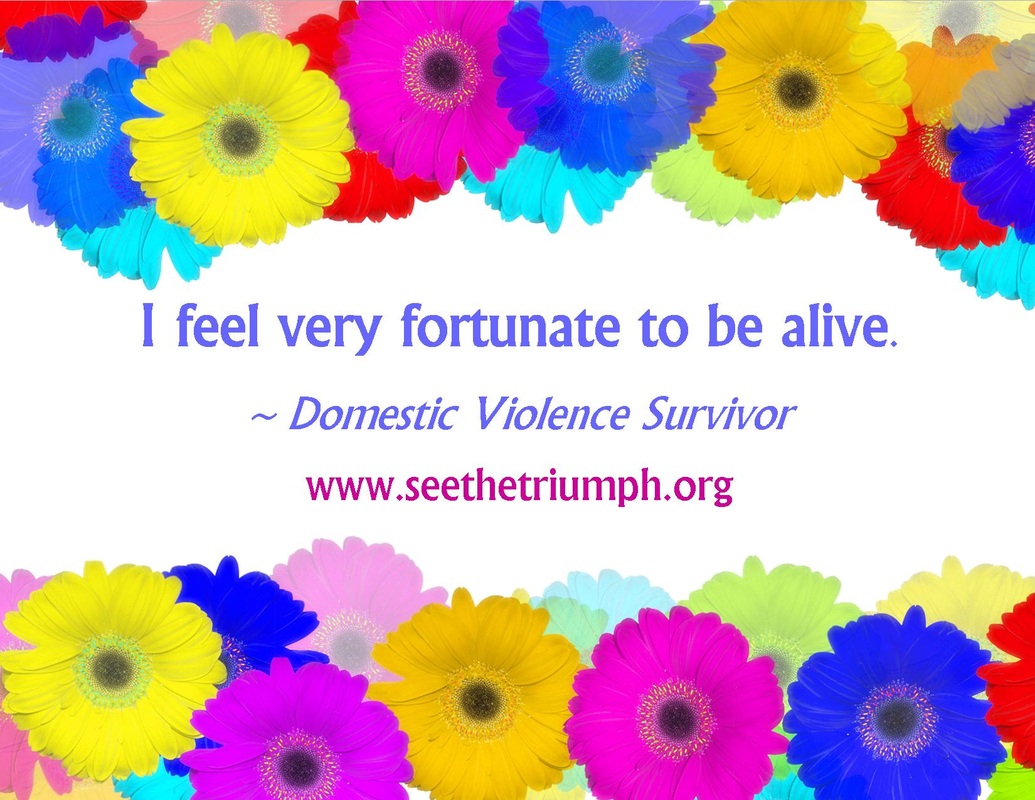
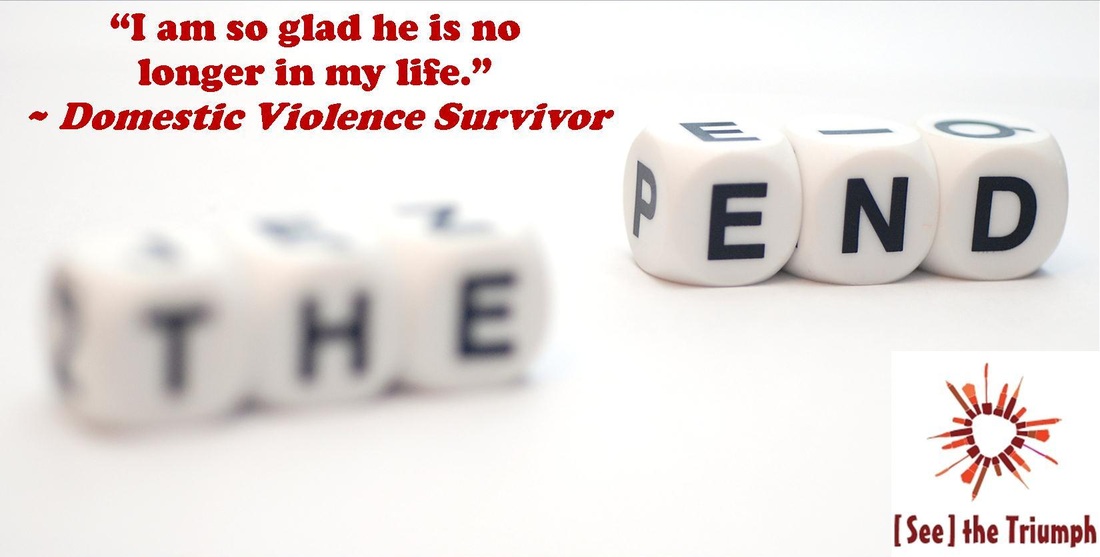
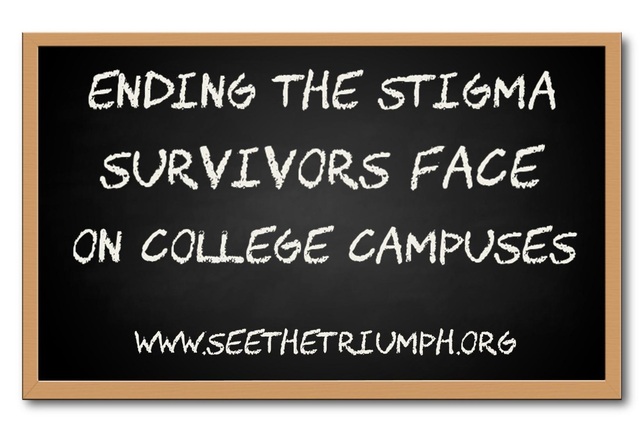
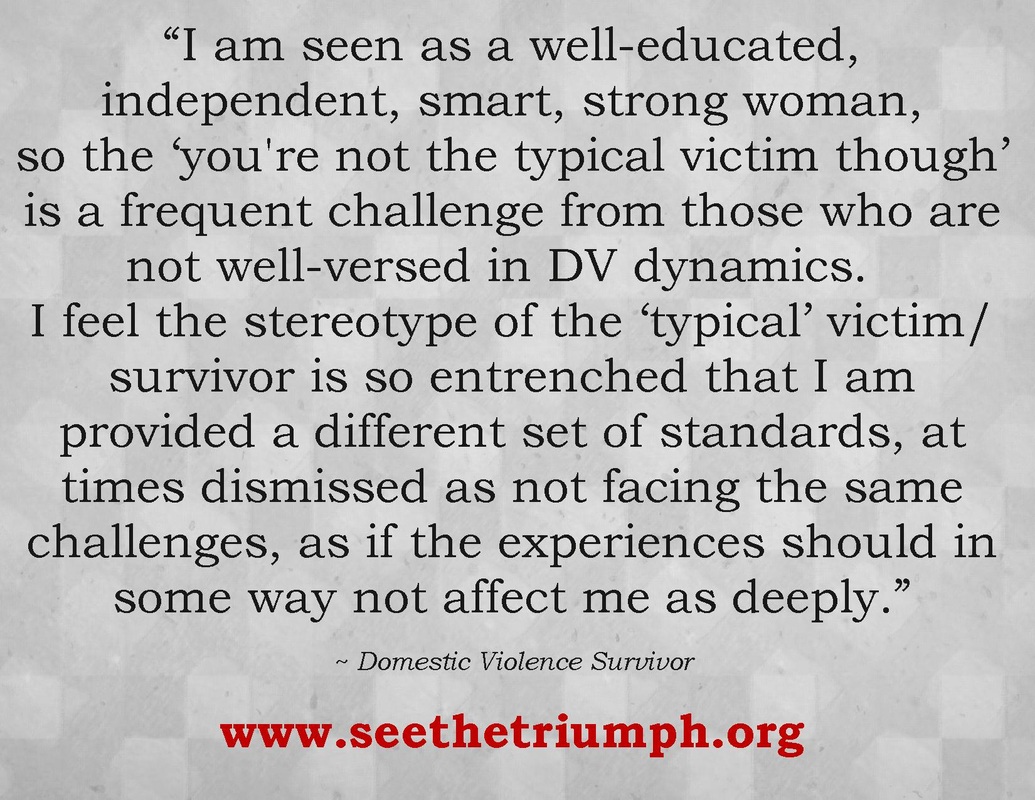
 RSS Feed
RSS Feed